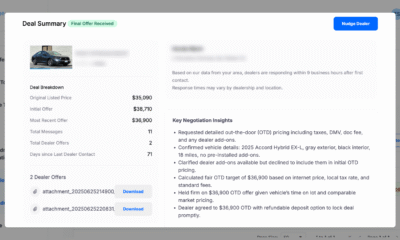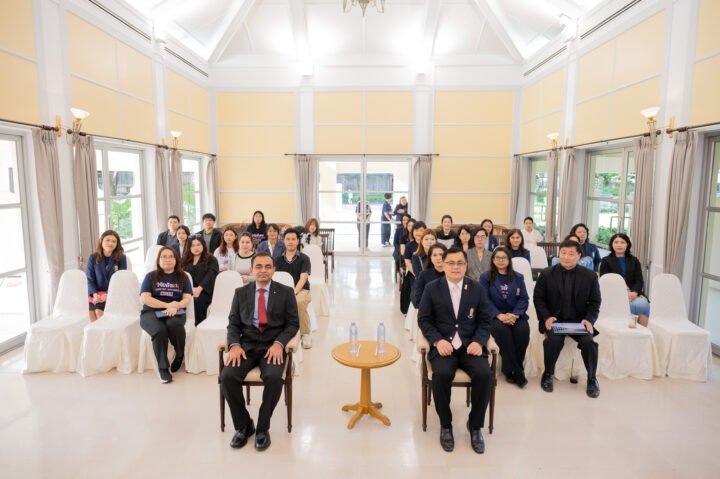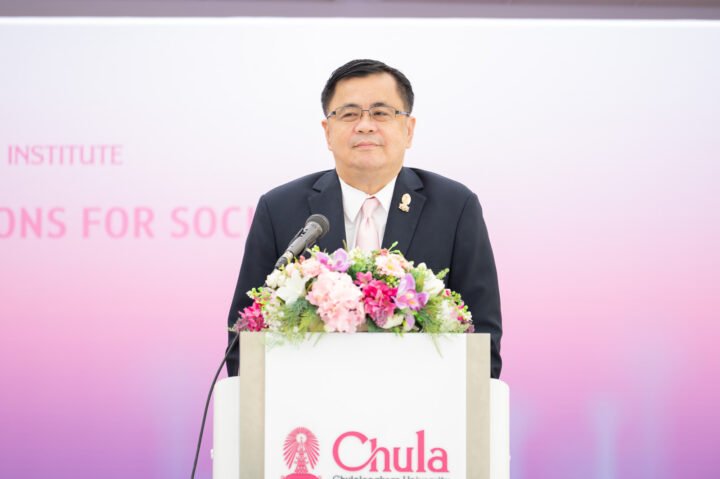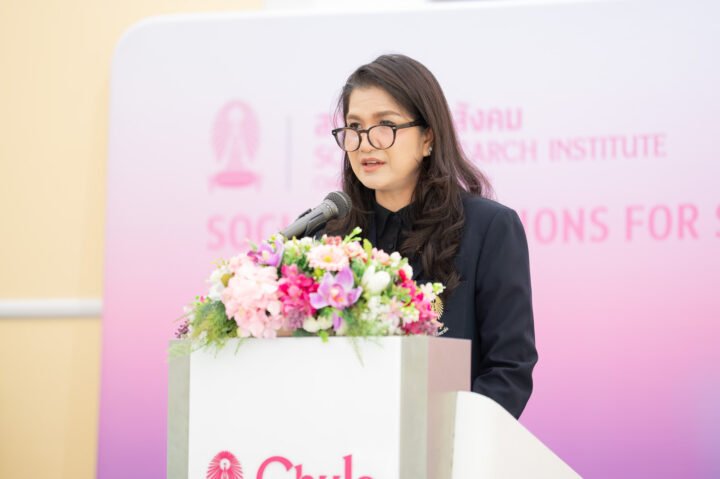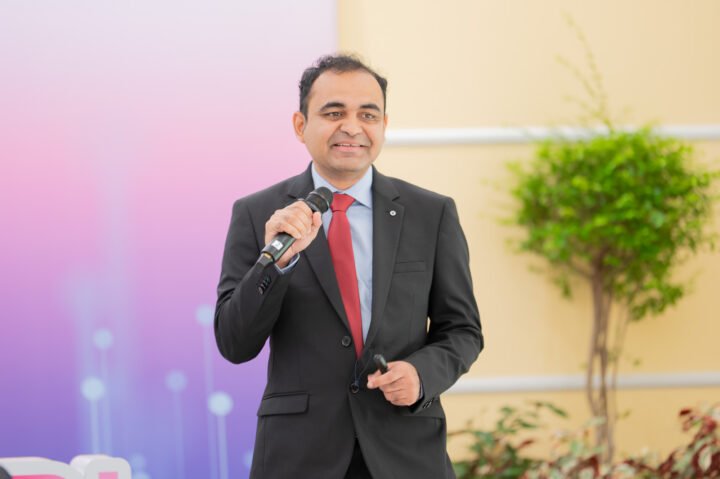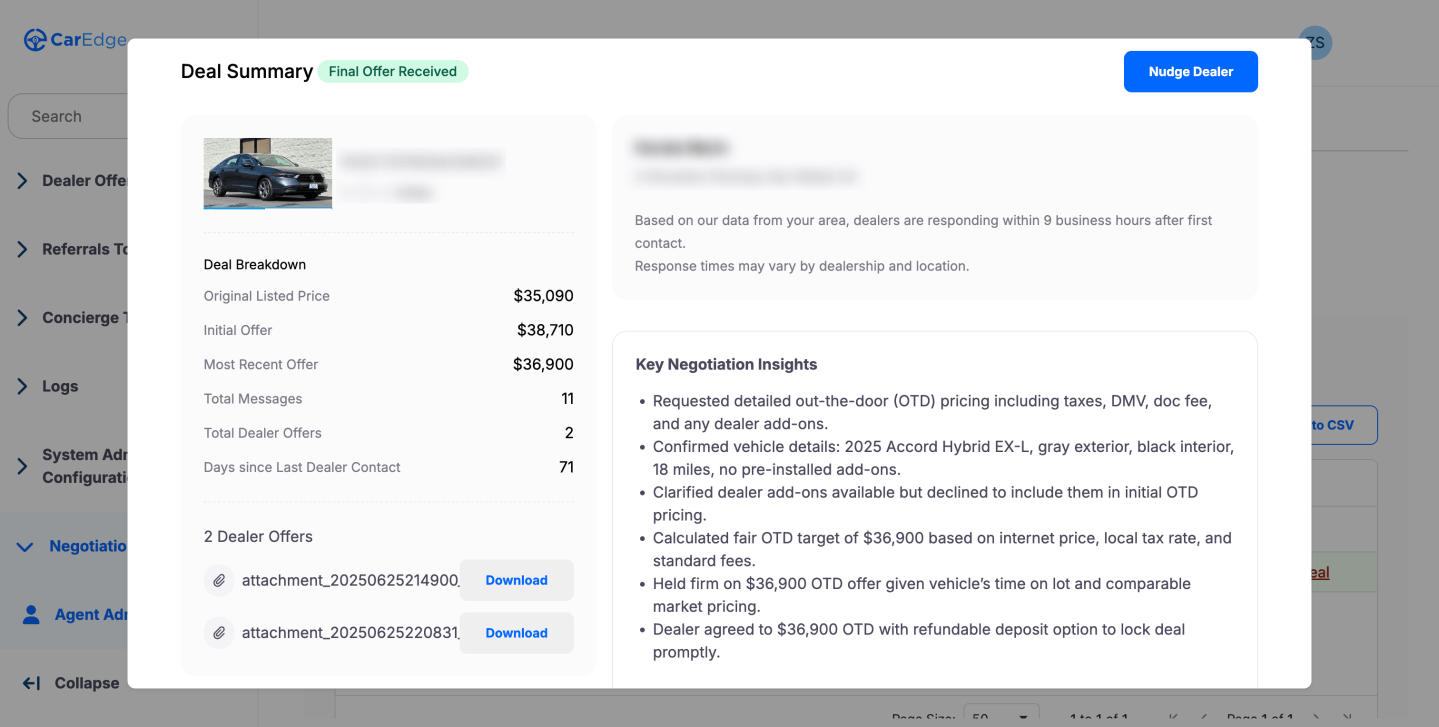Artificial intelligence (AI) is rapidly becoming a more prominent aspect of travel planning and booking, with the rise of natural language search and large-language models (LLMs) like ChatGPT. But Google is also gearing up for the future of search, which will likely include its AI Mode feature, launched earlier this year.
Now, a small behavioral study from Propellic is looking into how exactly travelers interact with Google AI Mode and how travel marketers should adjust. In a webinar today, Propellic will be breaking down the key findings and outlining “how AI is disrupting every stage of travel booking.”
The study included 42 U.S.-based participants who completed seven “real-world travel-related queries in Google AI Mode across the full travel journey.” These included queries like “How does La Quinta fare when it comes to hygiene and safety and cost” and “I want to go to London…see Harry Potter…sightseeing tour…museums.” Experiences were then tracked via screen and audio recordings, measuring how users asked questions, which results caught their attention and which links they clicked, among other behaviors.
Notably, researchers identified shifting booking paths in AI Mode, with the dominant path through the owner of properties or activities (56%) as opposed to online travel agencies (OTAs, <10%).
Subscribe to our newsletter below
With travelers becoming more comfortable going to direct sources, OTAs will have to adjust their value proposition and start investing in generative engine optimization (GEO), per Propellic.
“While direct booking sites have an inherent advantage, it can be easily lost if GEO practices aren’t followed. This is an opportunity for disproportionate ROI on a comparatively small budget,” said Paul Teddy, senior director of operations at Propellic.
According to Mike Coletta, senior manager of research and innovation at Phocuswright, who helped analyze the study data in today’s webinar, this was a more surprising finding, seeing as “AI generally tends to favor sourcing information from large platforms with well-structured, standardized information.”
“I would not be surprised if the balance tips toward OTAs in the medium term as they optimize for AI and advertising is integrated. Longer term, AI may indeed favor going direct to the ultimate source of inventory to the degree that the compute cost and friction of doing so are not obstacles,” he said.
Additionally, the Propellic study found that AI Mode use was key during the time-consuming travel planning phase, with Propellic highlighting that users relied on features within AI Mode “to build confidence in their choices.”
During the study, participants spent an average of 104 seconds on planning tasks such as browsing, weighing options and asking follow-up questions. They spent approximately 38 seconds during the booking phase, with many then leaving Google after choosing their preferred option.
They “slowed down” to verify reviews and consider “reassurance factors” before booking and valued clean and clear answers that were “laid out” and didn’t require guesswork.
Building and maintaining trust
Propellic emphasized that study participants trusted AI, and the brands that Google AI Mode showed were deemed accurate and useful. Overall, all post-task trust ratings were above 4.3 out of five.
Meanwhile, in the Chat, Plan, Book: GenAI Goes Mainstream report, Phocuswright found that only 37% of travelers trust the answers they get from generative AI tools like ChatGPT.
“The discrepancy may indicate that travelers have a higher default trust of AI Mode than other AI tools,” Coletta suggested.
The industry has a long way to go to enable MCP and A2A services to reduce this friction. The question is how long will consumers be willing to wait?
Mike Coletta, Phocuswright
However, Propellic also cited user frustration when websites immediately pushed a call-to-action, asking them to “Book Now” or “Sign Up,” signaling that their trust isn’t unshakeable.
“Chat, Plan, Book found that 34% of travelers are already open to booking travel within a generative AI platform once available, punctuating the disconnect that will exist until booking functionality is better integrated,” Coletta said.
“The industry has a long way to go to enable MCP and A2A services to reduce this friction. The question is how long will consumers be willing to wait? Google is in a good position to make rapid progress here with its metasearch infrastructure.”
Additional findings
Propellic’s research also showed that the inline links within AI Mode were often clicked by users, and travelers used longer conversational prompts, emphasizing the need for brands to shift from traditional keyword targeting to more comprehensive query answers.
Study participants spent time looking at websites, reviews, prices and photos when they clicked a Google Local Pack or an inline link that then opened the business profile in the right panel.
Participants opened 141 Google Business Profile cards and had 113 interactions with different features, dwelling on these cards for about 13 seconds for planning tasks and four seconds for booking tasks. Importantly, users almost never moved to another feature once they engaged with these profiles.
According to Propellic, it’s essential for travel companies to focus on optimizing these pages to provide the information travelers need.
“Fix your Google Business Profile immediately—like, drop everything and do it now,” said Eric Wimsatt, senior SEO manager at Propellic.
“Google is embedding these mini-Local Packs right in the AI response, and users are interacting with them before even seeing traditional results. This isn’t just a local listing anymore. Your Google Business Profile is your main storefront, not your website.”
Looking to the future
Propellic CEO Brennen Bliss said the participant pool was significant for a behavioral study, with each person completing seven tasks. In total, the study yielded over 300 booking journeys, 71,000 words across transcripts and thousands of clicks and actions.
“Patterns showed up quickly and consistently. For comparison, UX experts from Nielsen Norman Group say you can spot reliable trends with as few as five to 10 participants—so 42 gave us unusually rich, trustworthy data,” he said.
According to Propellic, study findings suggest Google AI Mode will likely become even more integral to travel search, especially as users seem to like using AI. And travel marketers will need to be open to rethinking their strategies.
“For decades, travel marketing mapped campaigns to ‘dreaming, planning, booking,’” Bliss said.
“LLMs blur the phases of the traditional funnel into one environment. The new competition is about controlling the collapsed funnel inside the AI ecosystem. Whoever owns that interaction wins the traveler.”
Coletta echoed this, again citing research from Phocuswright’s Chat, Plan, Book report, which found that 22% of U.S. travelers who use search engines for travel planning are already using AI-generated results.
“Given this early momentum, it’s clear that as AI Mode rolls out fully, it will capture a huge portion of travel intent,” Coletta said.








